
Moscow, Feb. 26, GNA – Russian Foreign Minister, Sergei Lavrov, has planned a five-nation southern African tour aimed at supporting top-level political dialogue and strengthening economic cooperation between these countries and Russia.
Concrete dates for his tour have not been fixed yet but it would take place before the presidential election, scheduled for March 18.
"In the next two-three weeks, I will again visit Africa. I will see how things are going in our partner countries: Angola, Mozambique, Namibia, Ethiopia and Zimbabwe. Our companies are involved in a lot of interesting projects there," Lavrov said in an interview on Rossiya Channel One.
Explaining the rationale behind Russia's slow pace in regaining Soviet-era influence, he said following the collapse of the Soviet Union, the country did not have time to pay attention to foreign countries, especially to the remote ones in Africa, Asia and Latin America.
"We had to deal with our close neighbours, face challenges when the borders were not defined and various terrorists from the Middle East began to creep in. Russia was in turmoil itself and long-distance foreign policy projects were forgotten," he said.
Mr Lavrov said: "We overcame our domestic issues and strengthened Russia, built relations with the neighbouring countries and began developing business energetically; state and private companies started emerging."
He said he viewed southern African countries as one region where Russia needed to expand economic partnership adding that those countries also recognised trade and investment as significant potentials that had not fully tapped into in their bilateral relations.
In one of his speeches posted on the official website, Lavrov noted: "It is evident that the significant potential of our economic cooperation is far from being exhausted and much remains to be done so that Russian and African partners know more about each other's capacities and needs.
“The creation of a mechanism for the provision of public support to business interaction between Russian companies and the African Continent is on the agenda."
Maxim Matusevich, an Associate Professor and Director, Russian and East European Studies Programmer, at the Seton Hall University, said in an interview with the Ghana News Agency that; "In the past decade there was some revival of economic ties between Africa and Russia mostly limited to arms trade and oil/gas exploration and extraction.
“Russia's presence in Africa and within African markets continues to be marginal and Russia has often failed to capitalise on the historical connection between Moscow and those African elites who had been educated in the Soviet Union.
"It is possible that the ongoing crisis in the relations between Russia and the West will stimulate Russia's leadership to look for new markets for new sources of agricultural produce. Many African nations possess abundant natural resources and have little interest in Russia's gas and oil," he said.
"As it was during the Soviet times, Russia can only offer few manufactured goods that would successfully compete with Western-made products. African nations will probably continue to acquire Russian-made arms, but otherwise, I see only few prospects for a diversification of cooperation in the near future."
Shaabani Nzori, an expert in Russia-African Policy, says; "Our leaders must formulate exactly what they want and what to expect from Russia, what they are ready to offer in exchange and spell this out very clearly without any bonhomie."
"With regard to African mineral resources and Russia's intended role in their exploration and exploitation, we need to be principled and not let Russians determine the agenda on how our resources ought to be exploited and managed."
South African Ambassador, Ms. Nomasonto Maria Sibanda-Thusi, explained to the Ghana News Agency that in the Russian Federation, southern African countries are prominently represented by their diplomatic missions and their primary goal is to strengthen the historical relations with the Russian Federation.
She said those southern Africa countries were engaged in efforts to forge bilateral relations between the 85 regions of the Russian Federation and members of the Southern African Development Community (SADC).
This is because of the recognition that linkages at the regional levels play a pivotal role in the strengthening of bilateral relations, particularly in the trade and people-to-people spheres, she said.
Ms Sibanda-Thusi said the southern African countries hosted a variety of international exhibitions and many business events and, thus, invited Russian business people to explore vast opportunities available in the region.
Professor Teketel Forssido, Former Ethiopian Ambassador Extraordinary and Plenipotentiary to the Russian Federation, told the GNA that Russia had to open its market for Africa and one surest way was to use the existing rules and regulations.
"The preferential treatments for agricultural products exist but Africans don't use them. Then individual countries have to negotiate with the Russian Government for their products to enter the market," he said.
Professor Forssido said the African regional economic blocs could be useful instruments because they were very important and could work with their counterparts to facilitate trade between Africa and Russia.
“For instance in COMESA and SADC zones in Africa, goods and services move freely and these blocs should look into the line of working as regional economic blocs with Russia.
"At the moment China has done a lot in Africa despite worldwide criticisms. China is not the only player on the Continent, but also India, Turkey and other serious players. But, when we talk about Russia, I think it’s not comparable," he said.
GNA
Read Full Story
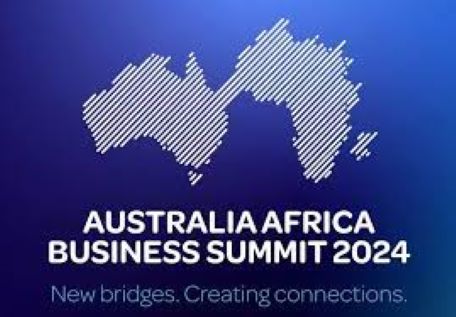

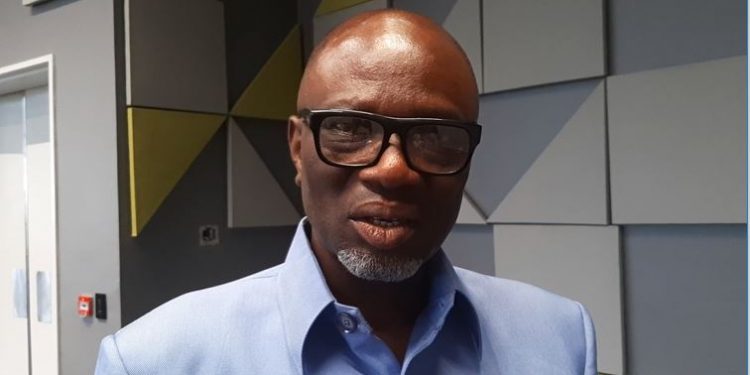
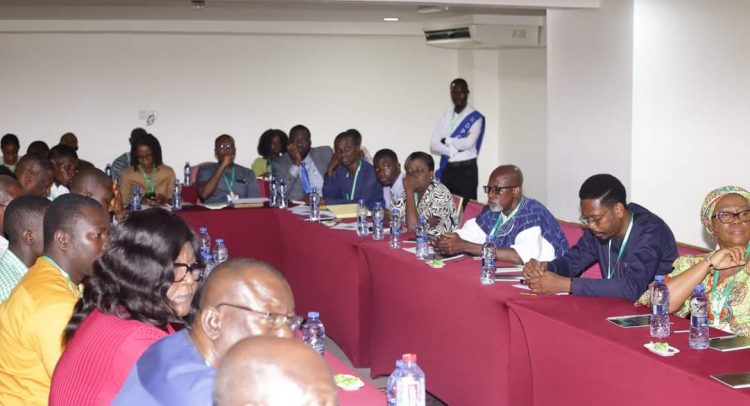

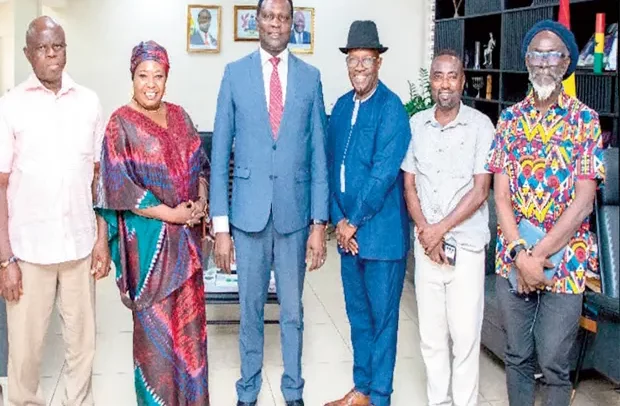
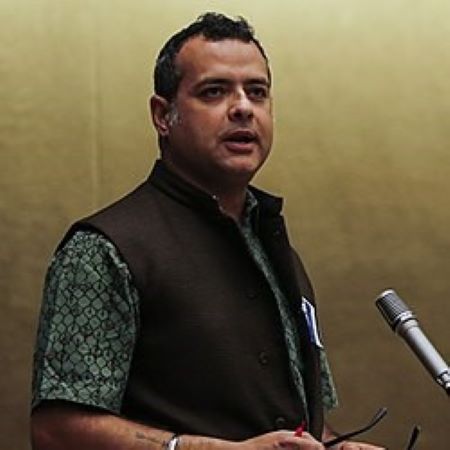


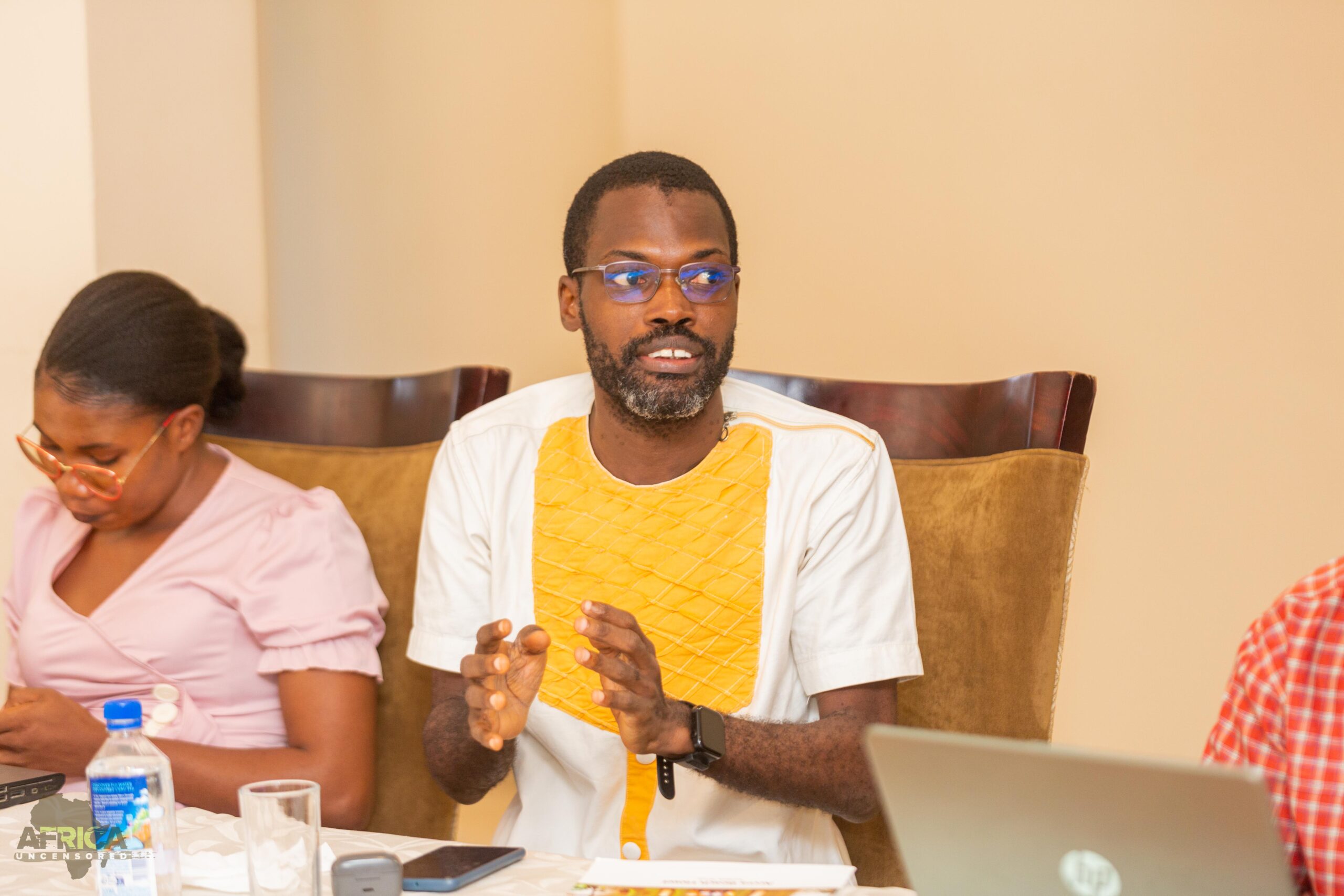

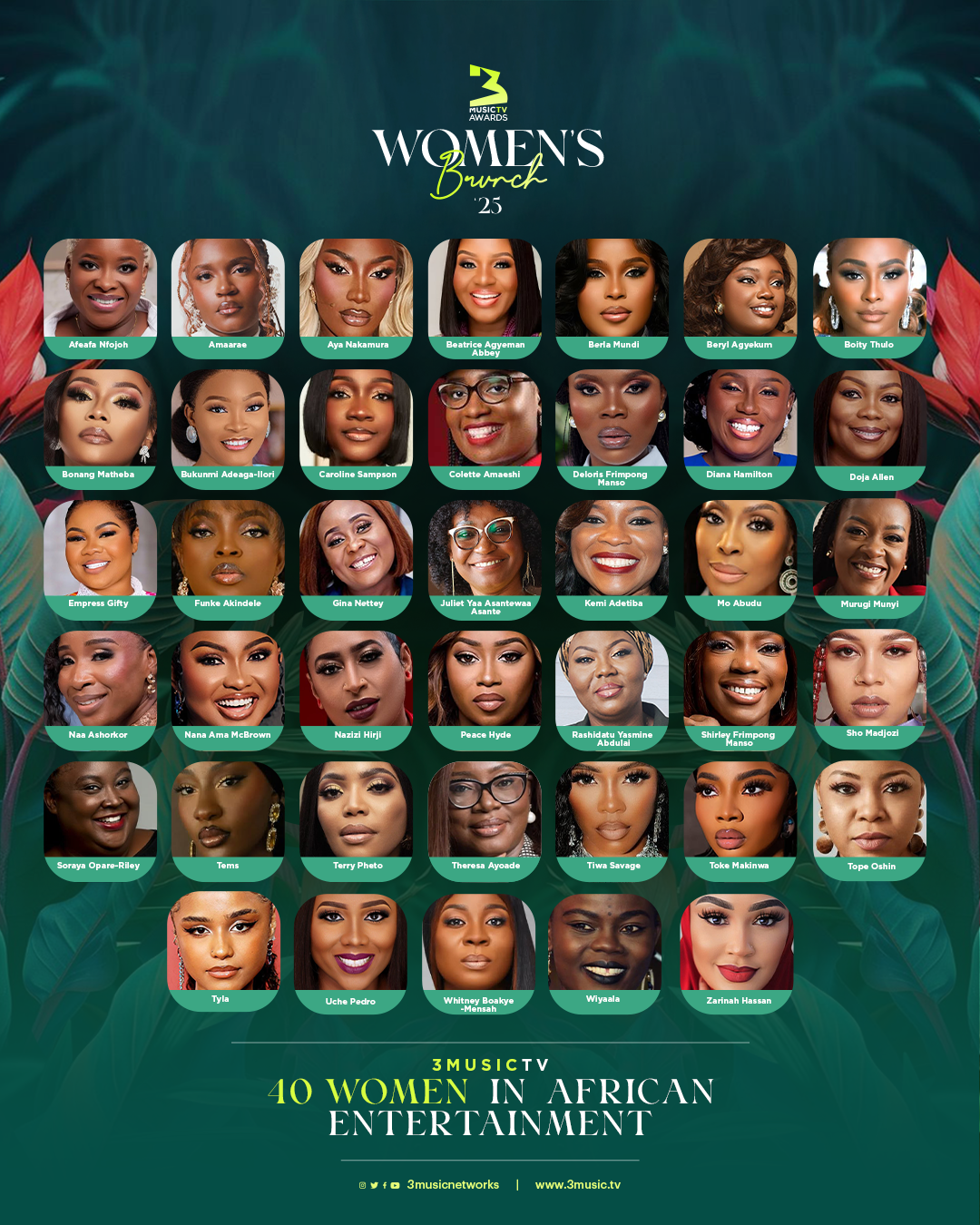
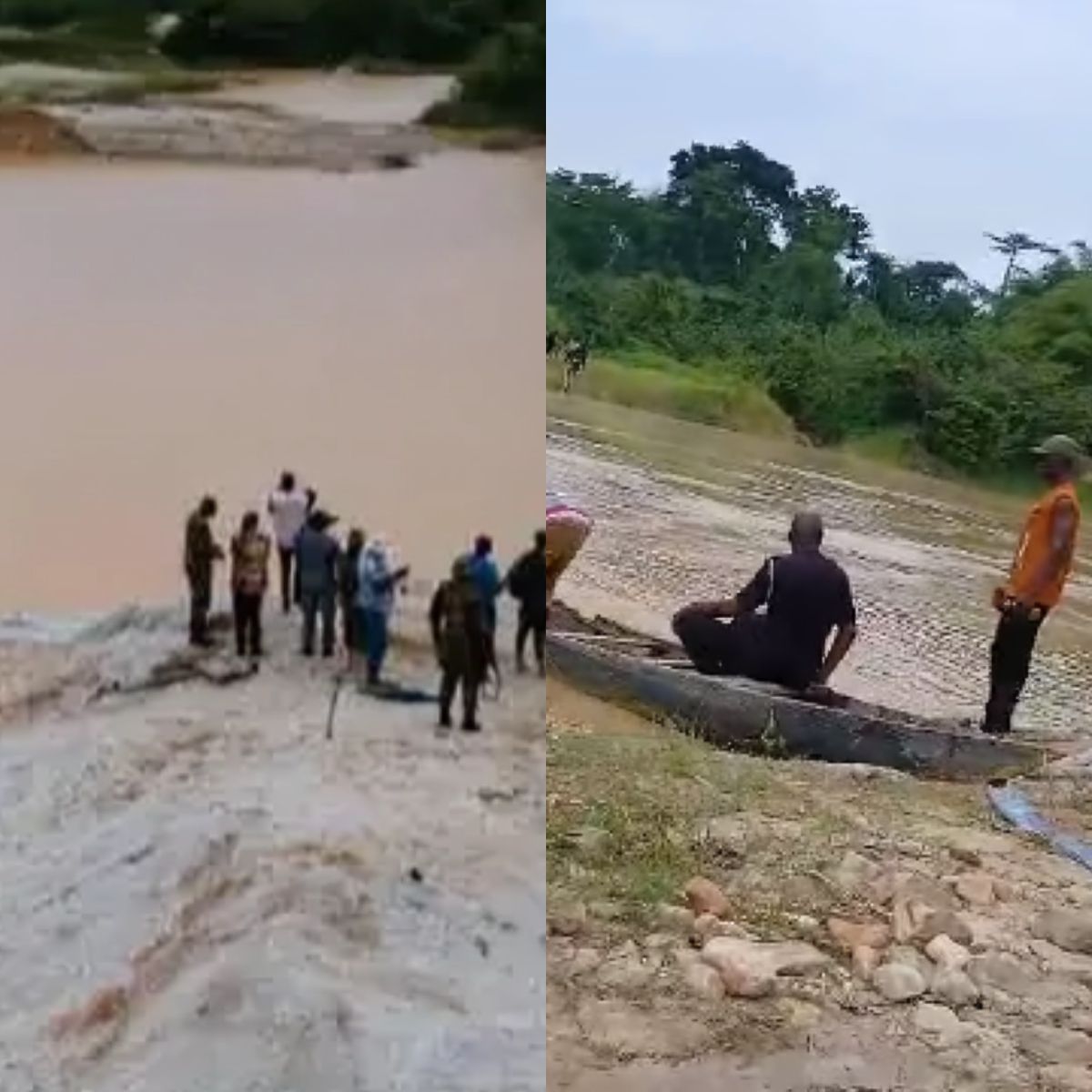
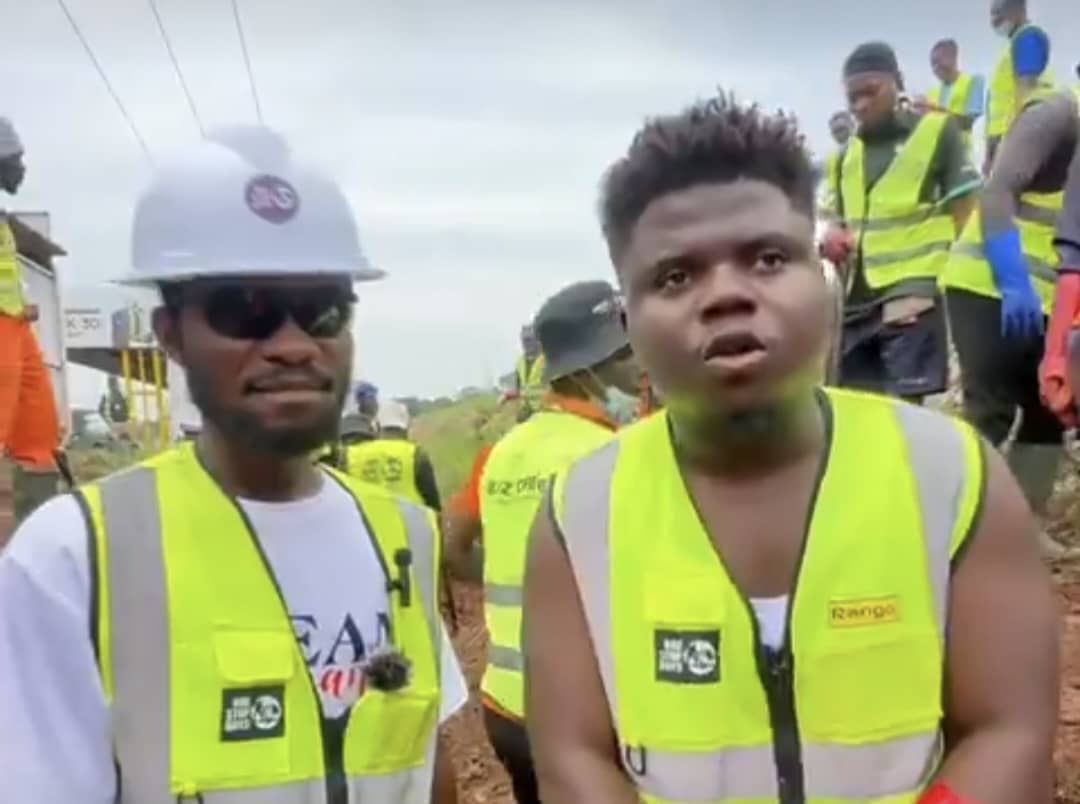
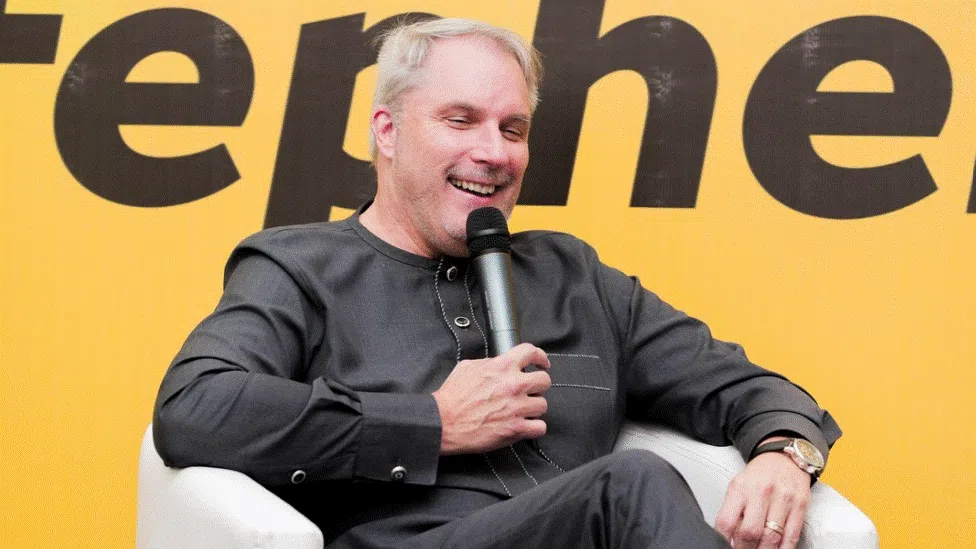
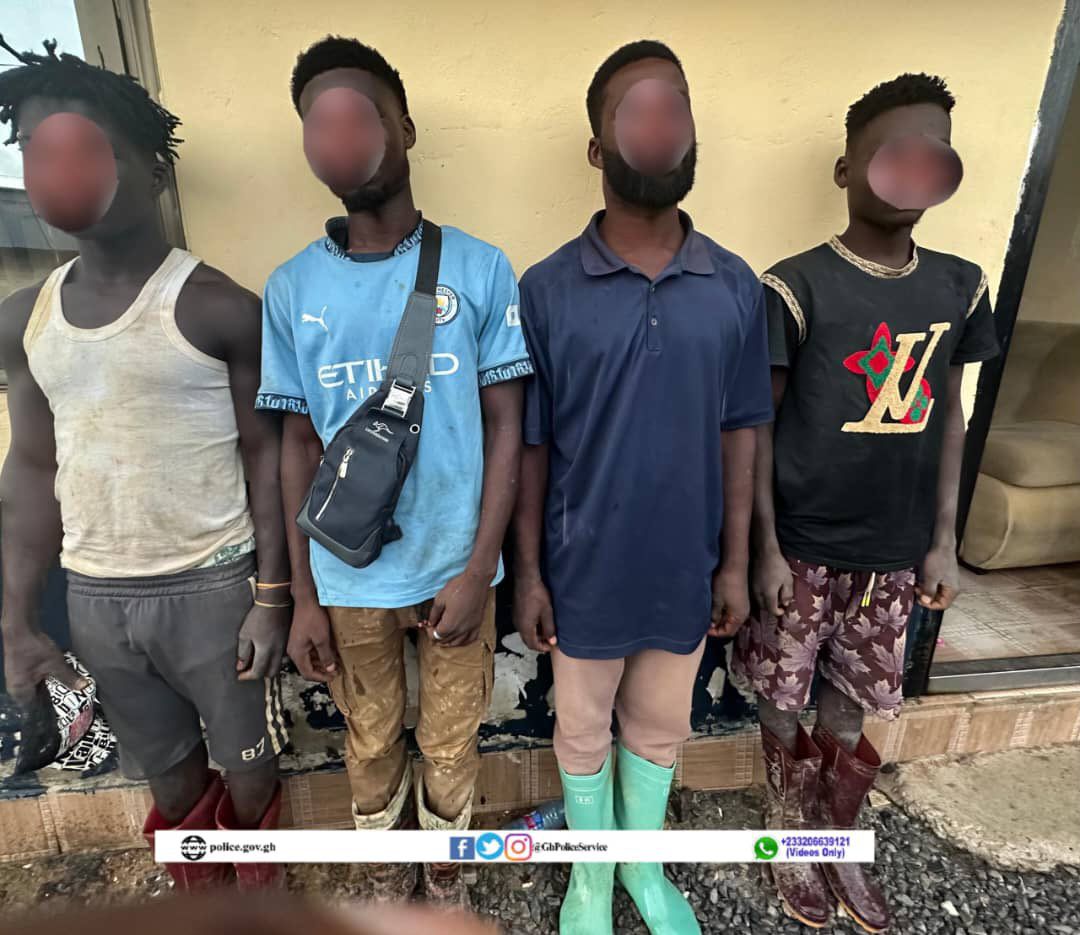
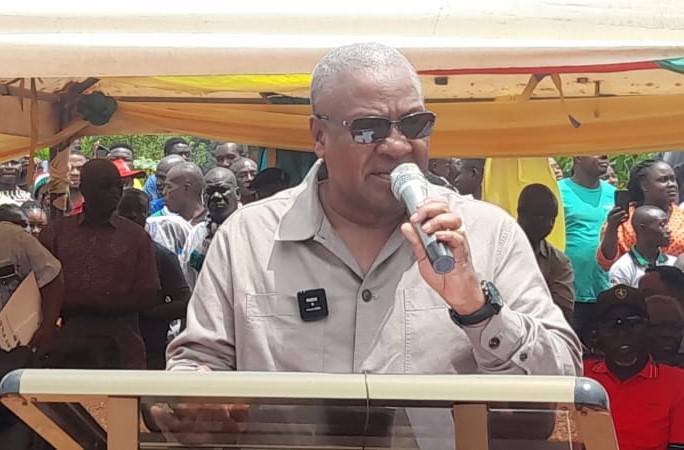

Facebook
Twitter
Pinterest
Instagram
Google+
YouTube
LinkedIn
RSS